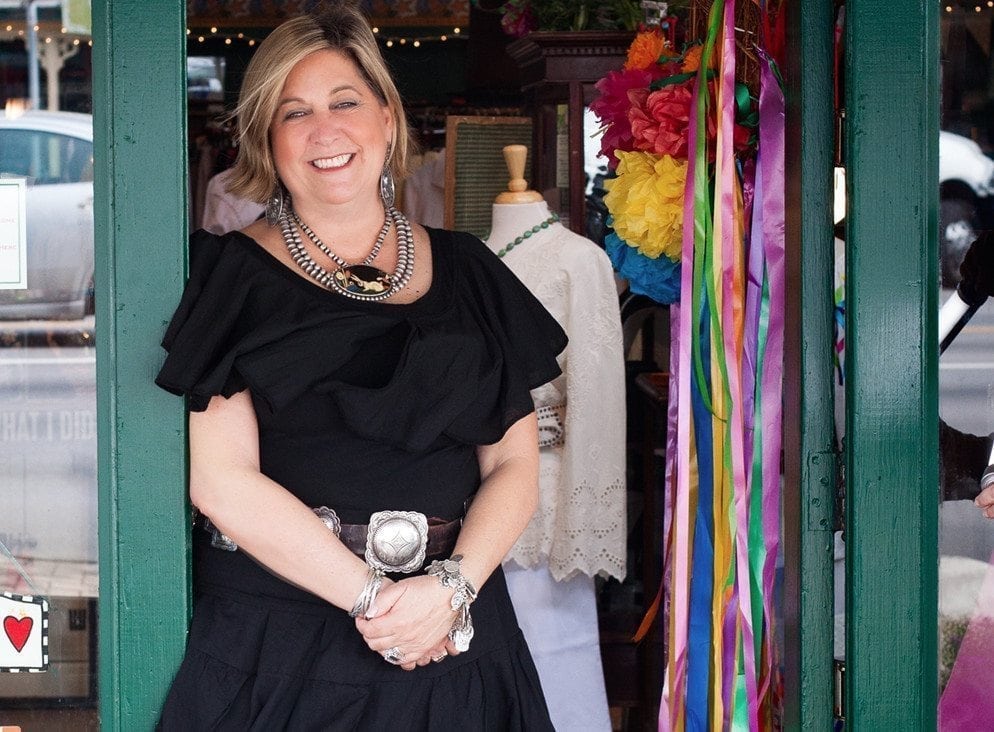I’m going to be honest. I’m frustrated with a society that constantly sells us the idea of a “quick fix.” I’m even more frustrated by the people who refuse to consider anything other than a shortcut when it comes to solving a problem.
Lose 30 pounds in 30 days; meal replacement shakes; lose weight without doing any exercise; the Atkins Diet; the South Beach Diet and the 17-Day Diet are all examples of quick fixes. And if you fail dieting, you can always have gastric bypass surgery or simply accept you should just “Quit worrying” about your body and focus on “more important” things instead. Just make sure you quit worrying immediately, okay? If you can’t solve the problem – fast – then you’re obviously not solving it properly. Seriously?
I’m four years into what I now refer to as my recovery from disordered eating. I’ve come a long way in that time, particularly in the last six months. One major change is I now focus on my successes rather than on my failures and in doing so, I’ve created a sense of confidence in my ability to change. A confidence I’d previously lost during 30 years of dieting hell.
This thrills me far more than the prospect of a new diet plan ever did. It means I’ll continue to make progress, and yet, I know few people are willing to get on board with the idea that it takes time to change and heal. As my confidence grows bigger and my body grows smaller, people want to know what my “trick” is. They’re looking for a quick fix idea or a quick fix attitude to adopt.
Despite my frustration, I understand. They want a date to mark on the calendar. I’ve been there… I wanted to know exactly when I would get better, too.
It took me far too long to understand you can’t fast track healing; to see that the habits I’d formed over a lifetime couldn’t be reversed overnight. I resisted the idea I could continue to try and solve the problem with various iterations of the same solution – which wasn’t working – or I could consciously choose to try something different with zero guarantee of what would work or by when.
I’m so happy I finally chose the latter option. There are no quick fixes when it comes to attaining optimum health and fitness, and each of us has a unique path to tread. The way I look at it, I could have continued to yo-yo diet over the last four years – without much success – and still feel miserable and stuck. Or I could be here, having made incremental improvements and feeling free, which makes me feel confident I’m going to reach the goals I’ve set for myself.
If you’re frustrated because sustainable change takes time, take heart because it really is worth persisting. The result is a healthier and fitter future to look forward to, no matter what your age. As Earl Nightingale – author and motivational speaker – said, “Never give up on a dream just because of the time it will take to accomplish it. The time will pass anyway.”
The Pro-Body Project is published fortnightly. You can read the first entry here or the next entry, “Becoming Who I’m Meant To Be” here.
SaveSave








4 thoughts on “The Time Will Pass Anyway”
As a kid my dad would always say when I would complain about how long it might take to do something…..”well that amount of time will go by anyway”
Wise words from your Dad! And a way of thinking that could be applied to so many aspects of our lives, not just weight loss. Thanks for commenting. Esther.
Along the same lines, my first husband used to say “It’s as much effort to do nothing as it is to do something.” xoxox
And so true! I also realised recently that it takes up as much energy feeling bad about my body, as it does doing things that make me feel good about it. Love you, Essie. xx
Comments are closed.